Yamato Transport and CJPT to study standardization and commercialization of cartridge batteries for battery swapping
Green Car Congress
JULY 28, 2022
Yamato Transport and Commercial Japan Partnership Technologies Corporation (CJPT) will begin studying the standardization and commercialization of replaceable and rechargeable cartridge batteries. Level electricity demand: Replacement batteries can be recharged while vehicles are in operation, reducing peak electricity demand.








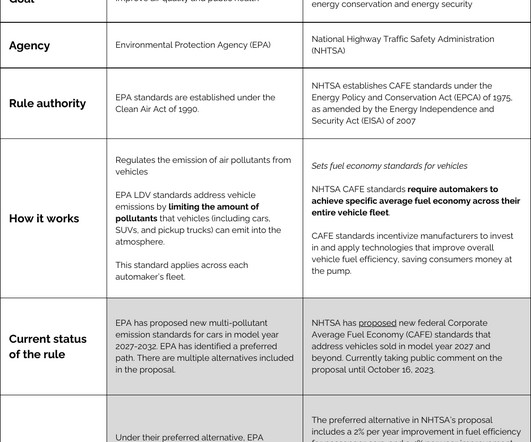
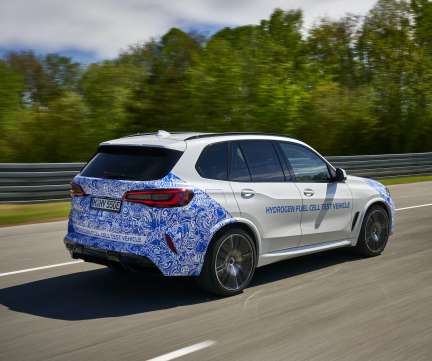



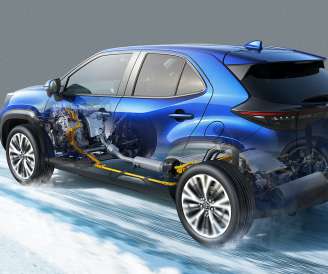



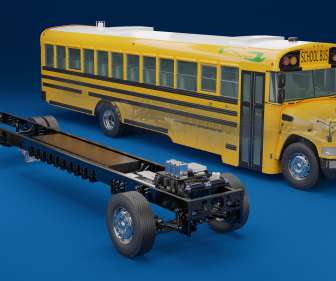
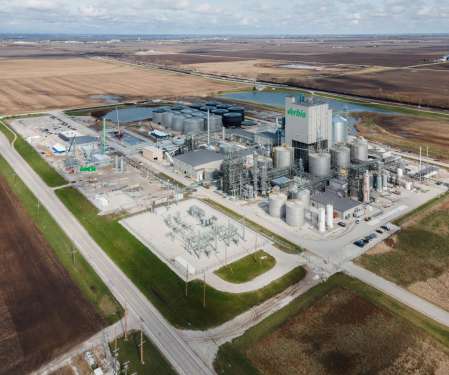



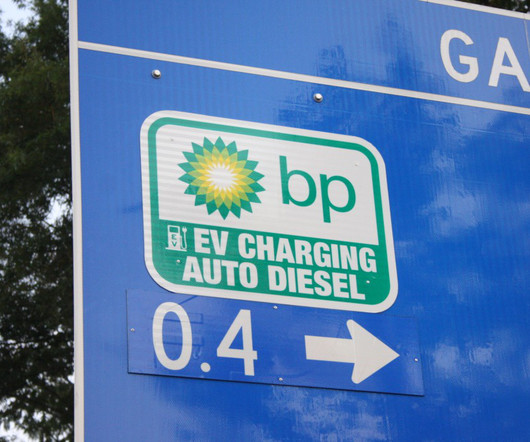



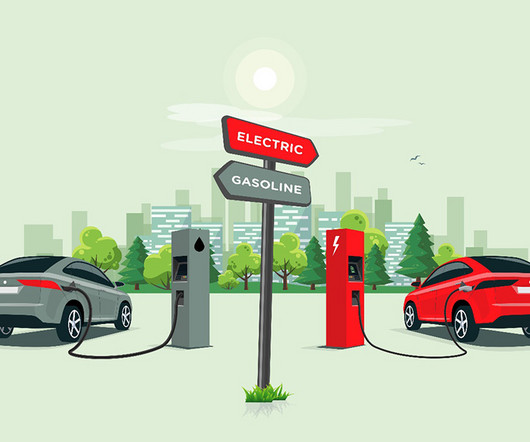



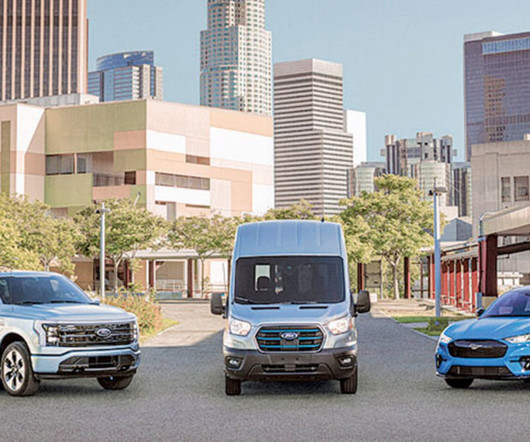









Let's personalize your content